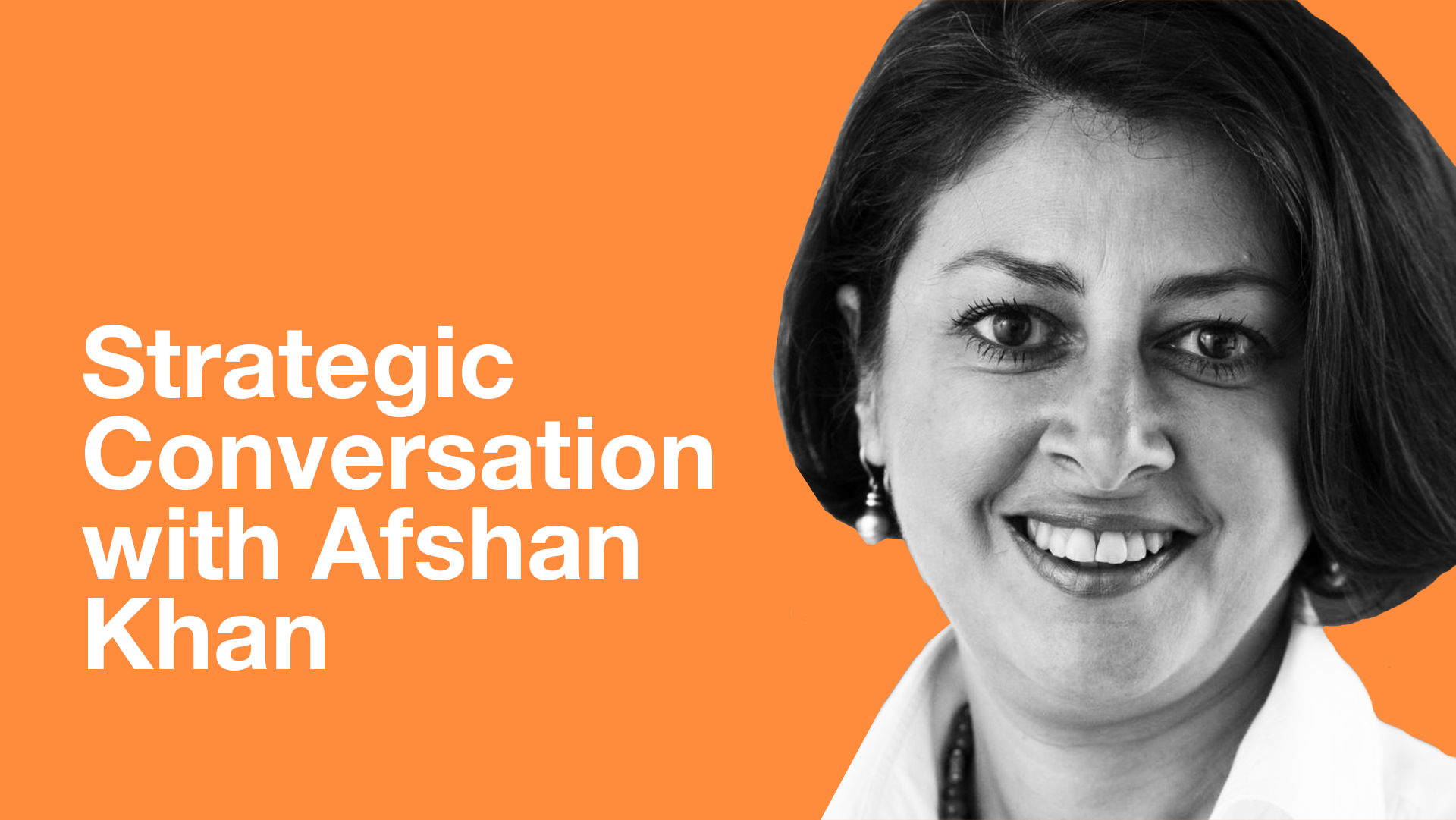
About
In the spring of 2020, Greece found itself hosting over 5,000 unaccompanied migrant children – more than half of whom were living in precarious environments, including the infamous island ‘hotspots’. Despite a handful of EU countries pledging to relocate a number of those children, progress remains slow. With some of Europe’s most vulnerable people living in such unsafe conditions, states must urgently address the fact that these unaccompanied minors are – first and foremost – children who are entitled to special protection under international law. This Strategic Conversation with Afshan Khan, UNICEF’s Special Coordinator for the Refugee and Migrant Response in Europe, will be an opportunity to identify protection gaps and suggest new approaches to supporting and upholding the rights of unaccompanied minors.
This new Strategic Conversations series invites key policymakers to share their views on a range of important and strategically relevant issues through interviews with senior thinkers on the Friends of Europe team.
Follow the conversation online here or via our Facebook page.
Related content:
- “COVID-19 spotlighted European migrants’ vital role; the EU must tell their story” by Shada Islam
- “The politics of migration in a (post) COVID-19 world” by Heaven Crawley
- “In these challenging times, let’s not forget the most vulnerable communities” by Niki Papadogiannakis
Our events include photos, audio and video recording that we might use for promotional purposes. By registering, you give your permission to use your image. Should you have any questions, please contact us.
Schedule
Questions include:
- What must the EU and its Member States do to ensure that unaccompanied migrant children are fully protected when they arrive at Europe’s doorstep?
- How has the fall-out of the COVID-19 pandemic compounded the challenges inherent to relocation?
- With the EU’s long-awaited proposal on migration reform delayed yet again, how should the eventual outcome address the issue of solidarity among Member States?
speaker
Afshan Khan
Regional Director for Europe and Central Asia and Special Coordinator for the Refugee and Migrant Response in Europe at UNICEF
moderator
Amanda Rohde-Stadler
Head of Programme Performance & Operations at Friends of Europe
Speakers

Regional Director for Europe and Central Asia and Special Coordinator for the Refugee and Migrant Response in Europe at UNICEF
Afshan Khan has 28 years of experience in international public service. Prior to her current position, she held a number of other high-level positions at UNICEF, including as Director of Emergency Programmes, Director of Public Sector Alliances and Resource Mobilisation, Associate Regional Director for Eastern and Southern Africa, and Representative to Jamaica. She has as well extensive field experience, including through assignments in Kenya, Mozambique, the Democratic Republic of Congo, and Colombia. Aside from her work with the United Nations, Khan also served as CEO of Women for Women International, a non-profit organisation helping women rebuild their lives after war.

Head of Programme Performance & Operations at Friends of Europe
Pronouns: she/her
Amanda Rohde-Stadler is responsible for big picture programming coherence across Friends of Europe’s areas of expertise, as well as monitoring & evaluation. Through her previous roles in the organisation, she oversaw programme delivery across all areas of expertise, and carried out the production and delivery of activities and publications across a wide range of themes, including: digital & data governance; peace, security & defence; EU-Asia relations; and migration & inclusion. She was also involved in the inception phase of the Africa-Europe Foundation, with a focus on policy and partnerships. Prior to joining Friends of Europe in 2016, she worked in the Research Unit of International Crisis Group – tracking conflicts across Africa and Asia – and as a teacher in South Korea. Amanda holds a Master of Advanced International Studies from the Diplomatic Academy of Vienna, where she focused her studies on conflict and crisis analysis, and a BA in linguistics from the University of Florida with a special focus on African languages and literature.
Continue
the debate on
- Debating Europe

